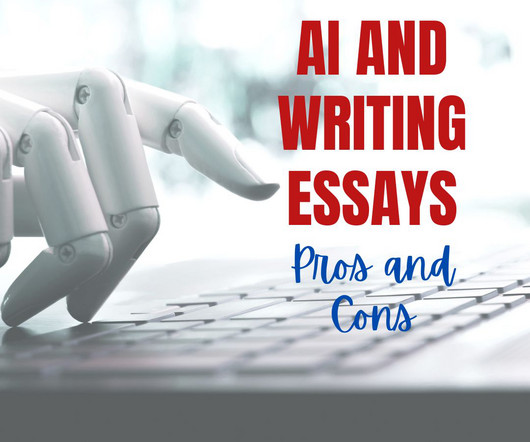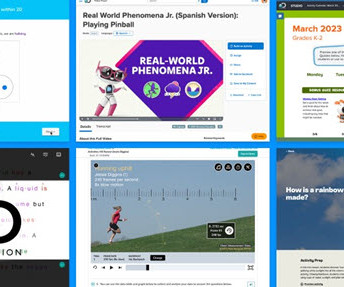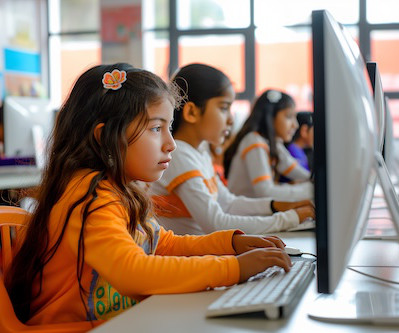Students using AI: It’s not that scary and shouldn’t be banned
eSchool News
DECEMBER 5, 2024
Concerns about academic dishonesty, loss of critical thinking skills, and inappropriate content creation have sparked discussions about banning AI tools like ChatGPT, Grammarly, and others. However, with thoughtful integration and a shift in perspective, AI can be a powerful ally in the classroom rather than an adversary.



















Let's personalize your content